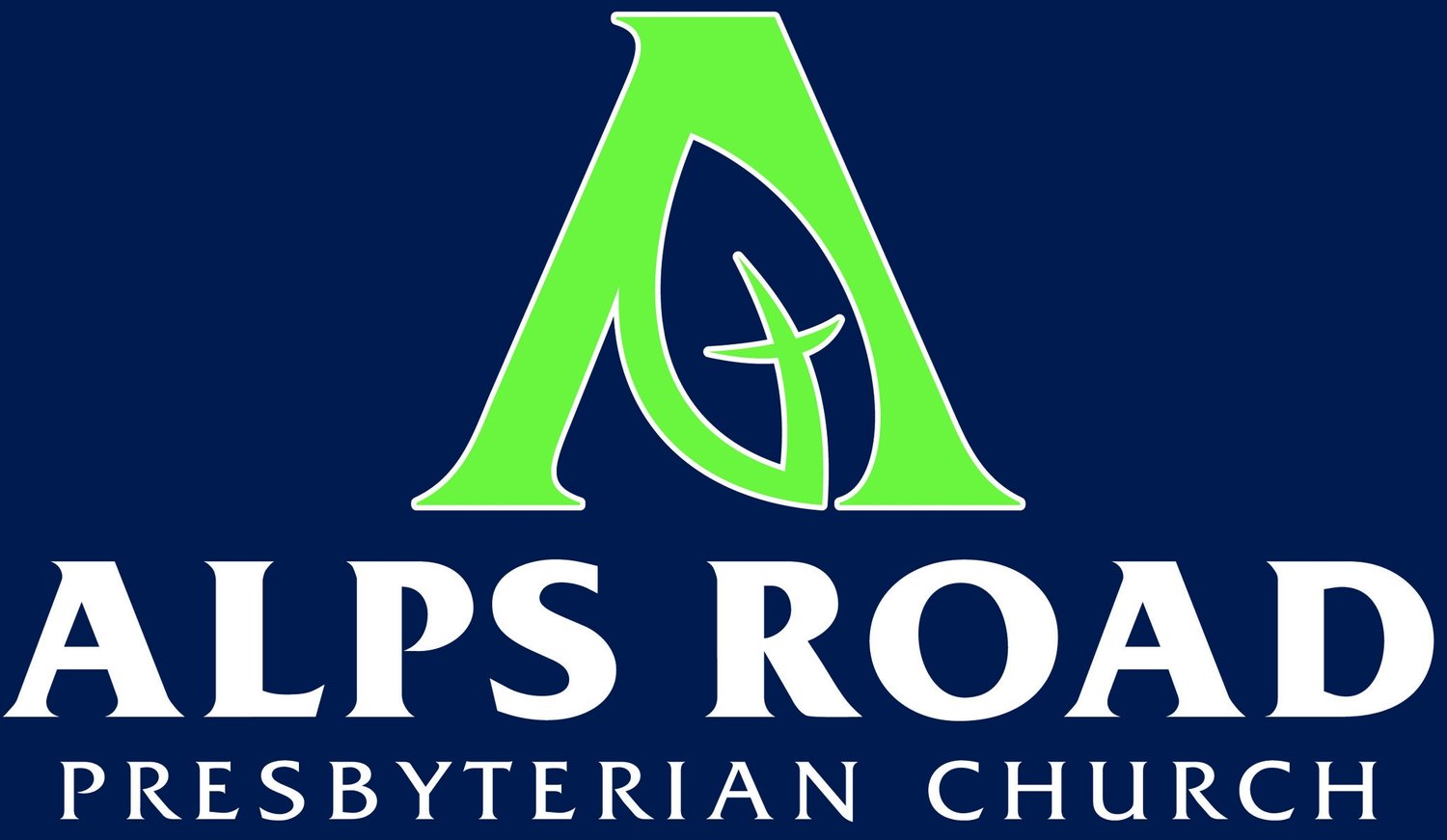The Profound Irony of Palm Sunday: Understanding the King on a Donkey
“As he went, they spread their cloaks on the road. As he was now getting near, at the descent of the Mount of Olives, the whole multitude of the disciples began to rejoice and praise God with a loud voice for all the mighty works they had seen, saying, “Blessed is the King who comes in the name of the Lord! Peace in heaven, and glory in the highest!” Luke 19:37-38
Palm Sunday is recorded in all four gospels, making it one of the few events that is. Others include the baptism of Jesus, the feeding of the 5,000, and various events during Holy Week. This signals its importance; each gospel writer thought the account of Palm Sunday vital to include. Each of the accounts adds some important detail to the story. Mark includes the spreading of palm branches in addition to cloaks. He also records the use of the word “Hosanna” among the people’s praises. Matthew mentions the event as the fulfillment of Zechariah’s prophecy (Zechariah 9:9). He notes that the entire city was moved when Jesus came into it. The praises of the children in the temple are also included in Matthew’s account. John’s account mentions that the people came out because they heard Jesus was coming to the city, and that many of them went out to meet him because they heard about the miracle of Lazarus’s raising. Luke records Jesus’ comment, in response to the criticism of the Pharisees, about the stones crying out.
Such a celebration would not have been foreign to a first-century person. Victory celebrations were well-known in the Roman world and even in Judea. Herod the Great had often organized elaborate celebrations when a Roman general, such as Marcus Agrippa, visited the region and may have done so on his visit to Jerusalem. When a Roman general returned from a victory, the people would come out to meet him. Hymns of praise would be sung, his victory celebrated, and his glories exclaimed. Such processions usually ended with a sacrifice to one of the Roman gods in a pagan temple, paying homage to the god and receiving his blessing. That Jesus would go to the temple on entering Jerusalem, as indicated in the gospels, would not be an unexpected practice.
There is a great deal of irony in the events of Palm Sunday. The King of Peace comes not on a stallion but humbly, riding a donkey. The Messiah’s coming was expected to be glorious, but it is a simple glory without displays of power or military might. The voices of the crowd that shout Christ’s praises stand in sharp contrast to other voices that will call for his death just five days later. Ironically, the religious groups that ought to have been the first to receive the Messiah were the most hostile to him. The people expected a victory but did not realize that it would come through suffering and sacrifice. The triumphal entry will lead to a humiliating death, but through it the greatest of all victories will take place. Jesus enters as a conquering hero but is coming to create a spiritual kingdom, not a political or military one. The crowd recognizes Jesus as the Savior of the nation. Little do they realize that he has come to be the Savior of the world. As is seen so often in the gospels, a great reversal is being revealed. The kingdom of God and the path the Messiah must walk are not at all what the people think. They will, however, reveal the wisdom, power, and goodness of the living God.
